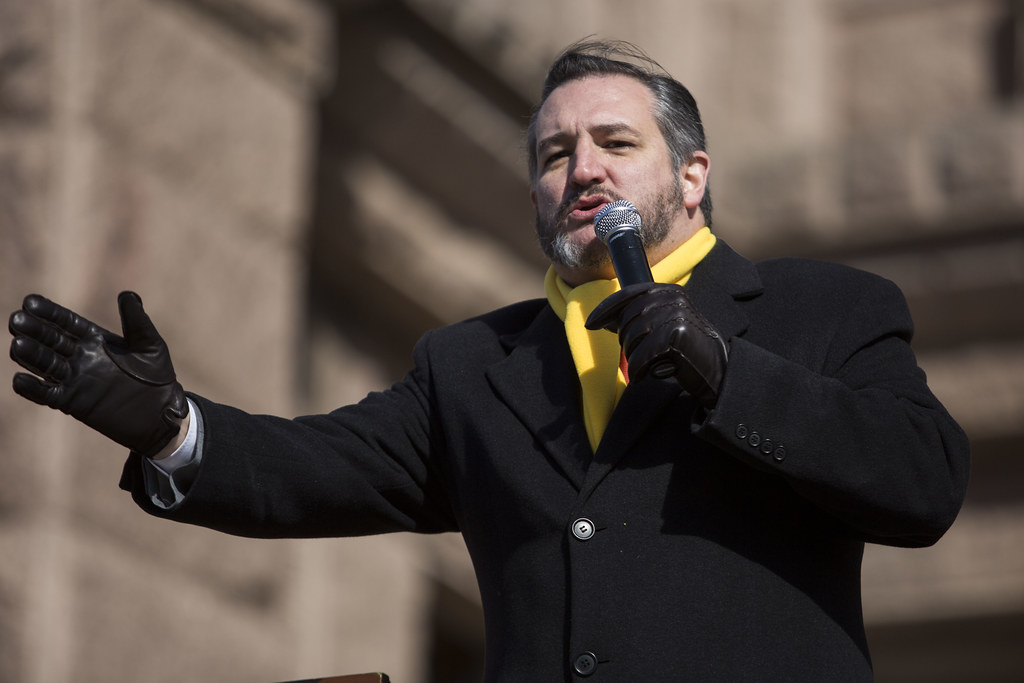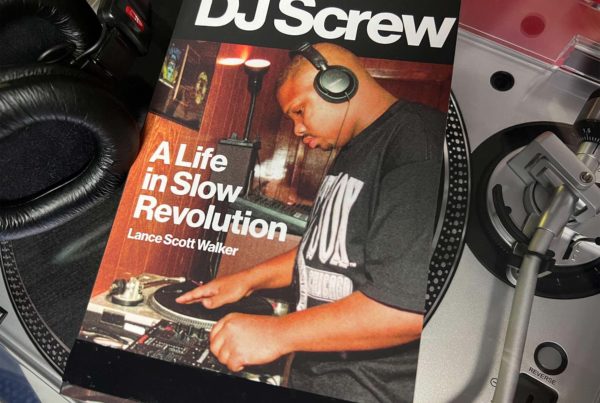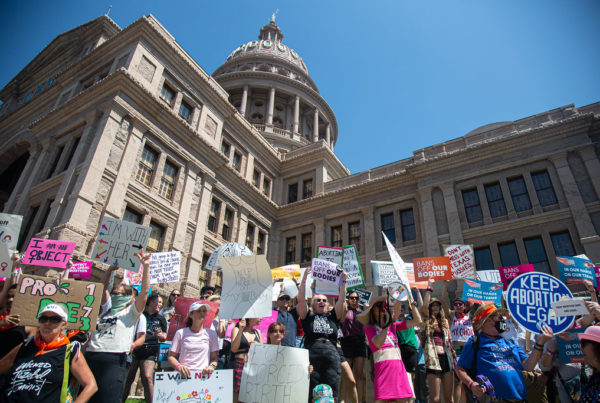Candidates can now use post-election donations to fully repay loans they made to their own campaigns, thanks to a successful lawsuit brought by Sen. Ted Cruz.
Previously, candidates could only be reimbursed up to $250,000 if they waited more than 20 days after an election to pay themselves back with post-election contributions. The Supreme Court struck the cap down though in a 6-3 ruling, with the majority of justices agreeing that it could limit political speech by candidates.
Deborah Hellman, a law professor at the University of Virginia and director the school’s Center for Law and Philosophy, spoke to Texas Standard about the intended purpose of the cap and this ruling’s potential effects on elections.
Hellman said the purpose of the repayment restriction had been to prevent corruption, with two reasons for why repaying with money collected after the election is potentially more corrupting.
“One is that when you donate money after the election, its only purpose is repayment of loans, and so what that money does is it goes through the campaign and directly to the candidate. So in a sense, it hovers in between being a gift directly to the candidate and being a contribution because it goes directly to the candidate,” Hellman said. The second reason is “if you give money before an election, you don’t know if that candidate’s going to win. But when you give money after to the winning candidate, you know that the candidate stands in a position to do something for you.”
Cruz’s argument against the cap – which Chief Justice John Roberts, writing for the majority, accepted – was that the limit disincentivized candidates from loaning money to their campaigns and was therefore a burden on speech, Hellman said.
“Since 1976, the court has treated restrictions on money in politics as restrictions on speech. And this case goes one step beyond that, even more kind of removed from a direct restriction on speech by saying the fact that a candidate might feel more worried about loaning money to his campaign itself is a restriction on speech.”
Hellman said that the integrity of our politicians is something that everyone should care about.
“Now, realistically, we all know that candidates and politicians are influenced by their ability to raise funds, and we may not be able to do anything about that as a whole – in that, to the extent that we fund elections by donations, politicians are going to be responsive to their ability to raise funds,” Hellman said. “But we don’t want them to be responsive in a way that’s too tight, I guess, too clear. And when the money is going into the pocket of the elected official directly as a loan repayment, that just ups that worry.”












